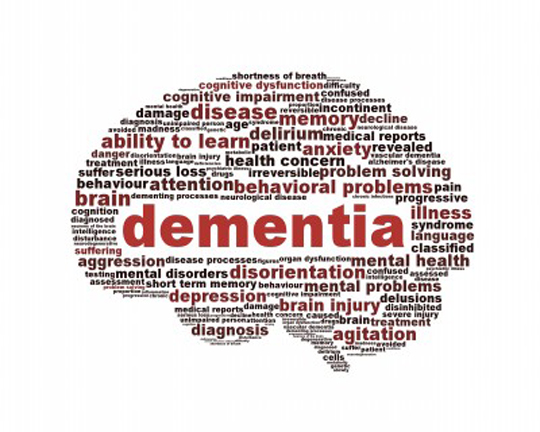- Home
- Medical news & Guidelines
- Anesthesiology
- Cardiology and CTVS
- Critical Care
- Dentistry
- Dermatology
- Diabetes and Endocrinology
- ENT
- Gastroenterology
- Medicine
- Nephrology
- Neurology
- Obstretics-Gynaecology
- Oncology
- Ophthalmology
- Orthopaedics
- Pediatrics-Neonatology
- Psychiatry
- Pulmonology
- Radiology
- Surgery
- Urology
- Laboratory Medicine
- Diet
- Nursing
- Paramedical
- Physiotherapy
- Health news
- Fact Check
- Bone Health Fact Check
- Brain Health Fact Check
- Cancer Related Fact Check
- Child Care Fact Check
- Dental and oral health fact check
- Diabetes and metabolic health fact check
- Diet and Nutrition Fact Check
- Eye and ENT Care Fact Check
- Fitness fact check
- Gut health fact check
- Heart health fact check
- Kidney health fact check
- Medical education fact check
- Men's health fact check
- Respiratory fact check
- Skin and hair care fact check
- Vaccine and Immunization fact check
- Women's health fact check
- AYUSH
- State News
- Andaman and Nicobar Islands
- Andhra Pradesh
- Arunachal Pradesh
- Assam
- Bihar
- Chandigarh
- Chattisgarh
- Dadra and Nagar Haveli
- Daman and Diu
- Delhi
- Goa
- Gujarat
- Haryana
- Himachal Pradesh
- Jammu & Kashmir
- Jharkhand
- Karnataka
- Kerala
- Ladakh
- Lakshadweep
- Madhya Pradesh
- Maharashtra
- Manipur
- Meghalaya
- Mizoram
- Nagaland
- Odisha
- Puducherry
- Punjab
- Rajasthan
- Sikkim
- Tamil Nadu
- Telangana
- Tripura
- Uttar Pradesh
- Uttrakhand
- West Bengal
- Medical Education
- Industry
Type II diabetics may help prevent dementia: Study

An international study has concluded that controlling blood sugar levels in type 2 diabetes patients can prevent the risk of dementia in such clinical cases.
The study conducted by National Diabetes Register and Institute of Medicine, Gothenburg, Sweden explained that diabetes increases the risk of future declines in brain function, so, if the blood sugar level, which is measured by glycated haemoglobin or HbA1c, is controlled it can resolve the brain disease.
The study authors studied extensive clinical data to explore the association between HbA1c and the risk of hospitalisation for dementia among persons with type 2 diabetes.
The research observed that patients with a HbA1c of 10.5 percent or higher were 50 percent more likely to be diagnosed with dementia compared to those with HbA1c of 6.5 percent or less.
Dr Aidin Rawshani, the author said that the positive association between HbA1c and risk of dementia in fairly young patients with type 2 diabetes indicated a potential for prevention of dementia with improved blood sugar control. (ANI)
The study conducted by National Diabetes Register and Institute of Medicine, Gothenburg, Sweden explained that diabetes increases the risk of future declines in brain function, so, if the blood sugar level, which is measured by glycated haemoglobin or HbA1c, is controlled it can resolve the brain disease.
The study authors studied extensive clinical data to explore the association between HbA1c and the risk of hospitalisation for dementia among persons with type 2 diabetes.
The research observed that patients with a HbA1c of 10.5 percent or higher were 50 percent more likely to be diagnosed with dementia compared to those with HbA1c of 6.5 percent or less.
Dr Aidin Rawshani, the author said that the positive association between HbA1c and risk of dementia in fairly young patients with type 2 diabetes indicated a potential for prevention of dementia with improved blood sugar control. (ANI)
Meghna A Singhania is the founder and Editor-in-Chief at Medical Dialogues. An Economics graduate from Delhi University and a post graduate from London School of Economics and Political Science, her key research interest lies in health economics, and policy making in health and medical sector in the country. She is a member of the Association of Healthcare Journalists. She can be contacted at meghna@medicaldialogues.in. Contact no. 011-43720751
Next Story


